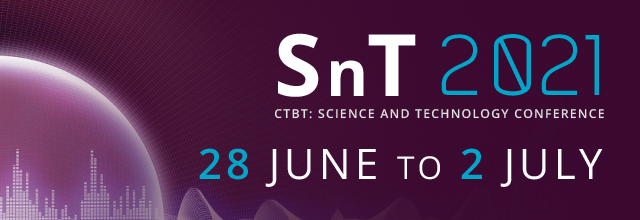Speaker
Description
Natural disasters are increasing in frequency and intensity, becoming extreme and complex and have been affecting many countries over recent years. The UN 2030 Agenda for Sustainable Development recognizes and reaffirms the urgent need to reduce the risk of disasters. The need for modern, multi-hazard disaster response systems to strengthen the national and collective ability to prevent and prepare for emergencies is evident. Early warning is a major component of disaster risk reduction with the potential to prevent loss of life and reduce the economic and material impacts of disasters. The Sendai Framework for Disaster Risk Reduction 2015-2030 recognizes the benefits of multi-hazard early warnings systems and places them in one of its seven global targets. Noting that approximately 2.5 billion USD has been invested in the CTBT Verification Regime so far, the recognition and promotion of the civil and scientific use of its data, ranging from tsunami warning to volcano monitoring, from climate change to better understanding of the ocean processes and marine life, is critical to maintain Member State and public interest and investment in this state-of-art system, even beyond Entry Into Force of the CTBT, also to preserve national CTBT verification capacity in a sustainable manner.

